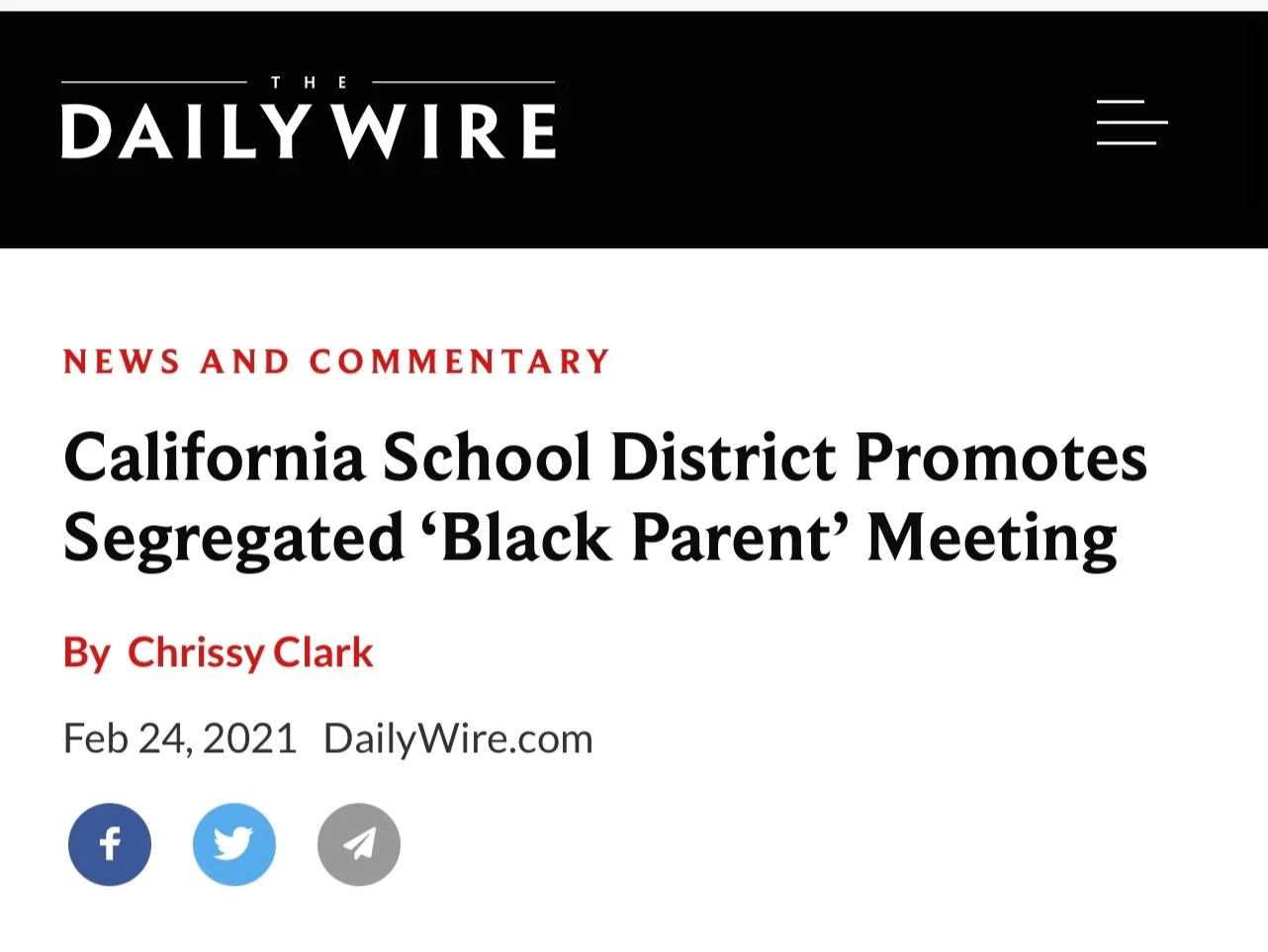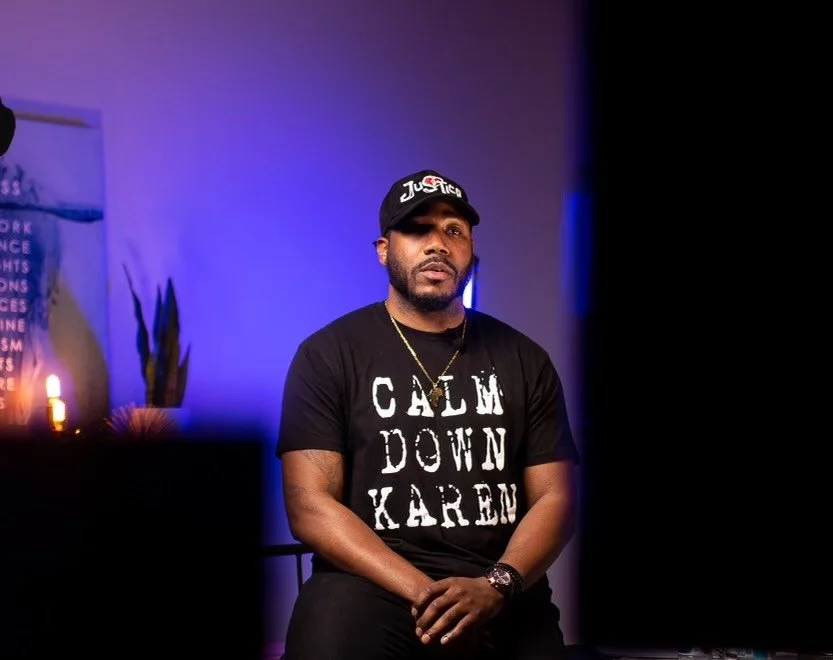Demand for Change: The Remix
We Demand Change, Remember?
In a previous blog post, we mentioned our Demand for Change series held with Val Verde Unified School District and their Black parents and community members. We thought it was imperative to bring D4C back into the discussion, particularly in Black History Month, to remind you (and us here at OTO) of the impact and the resistance to Black inclusionary practices. In the height of 2020, the loss of George Floyd sparked international conversations about institutionalized racism and its entrenchment in all areas, notably the education system. In response, Oliver held the first of its kind, extensive diversity and inclusion training where he presented and facilitated critical discussions about race and culture in Val Verde Unified School District. This districtwide training was facilitated at all levels, including administration, students, teachers, Black parents, and community members. A significant part of that training was our D4C series, a seven-part, social-emotional, relationship education-based series focused on the educational system and its relationship with Black parents and community members (for more insight on D4C, click here). The school district, like many others, nationwide has a high rate of discipline among black students disproportionately so amongst the rest of the student body population.
The Demand for Change was a pioneering series where the district superintendent, Mike McCormick, and assistant superintendent, Mark LeNoir, attended each session to hear the concerns of Black parents and collaborate on a transformative relationship with education. This series also received accolades from the President of the VVUSD school board, Ty Liddell, and was spotlighted at the California Association of Black School Educators Conference. Can we take a moment to say: Where do they do that at? 💪🏾 As revolutionary as this initiative was, Oliver and the D4C series received some backlash as the initiative was compared to the "new Jim Crow" by Daily Mail writer Crissy Clark because it was designed and geared toward Black parents and community members. To be very clear from us, this was not an exclusionary invitation but an intentional one. While our sessions were open to everyone - this specific initiative was meant for the unheard to be heard and intentionally misunderstood to be acknowledged. D4C was a revolutionary attempt to develop solutions for a district and nationwide problem that is still unfortunately seen as a threat, especially with a Black man at the forefront.
The D4C outreach initiative was created with a fundamental goal to unapologetically promote the safety and equality of Black parents and students in the education system. Understanding the context of race and culture within the education system will always be from the lens of social-emotional learning and will always be at the core of what we do at OTO.
Since we live in a society that politicizes Black safety and historical influence, we thought rooting some data, in theory, would help support D4C's impact and necessity.
*When reviewing the survey results, keep in mind the core competencies of social-emotional learning: self-awareness, self-management, social awareness, relationship skills, and responsible decision-making.
100% of surveyed attendees
Would recommend the Demand for Change series to other school districts and educational institutions for their parents and community members.
Would find additional sessions for parents, community members, and district leaders like this beneficial in the future.
Believed the survey provided opportunities for me to think strategically about how we can solve the problems I see.
80% of surveyed attendees
Felt the Demand for Change series allowed them to express their true concerns and feel heard.
Believed Demand for Change series was effective in getting parents and community members' on one accord with district leaders.
Believed Oliver provided new and innovative concepts and/or strategies to improve the disconnect between the district and parents/community members.
Socio-Emotional Learning includes Cultural Competency.
So before we get into this definition, let's take a moment to sit with this header right here. Social-emotional learning, by definition, should include diversity and equity not only in representation but also in cultural content integration. "Social-emotional learning is how we manage and understand our emotions while responding to the world around us. This includes how we process empathy and maintain healthy relationships" (Luminex, 2021). In applying the definition, how does the education system manage and understand its impact while responding to its Black students? Does it effectively consider the collective impact of the world around us? Including how educational structures and curricula processes empathy and maintain healthy relationships of the various cultures within it. The answer is it doesn't. What Oliver and D4C provide is valuable to a broader scope of social-emotional learning practices, which includes healthy and empathetic competency tools that reframe Blackness and address the educational systems' inherent fear of it. The Demand for Change series will not only revolutionize your relationship with every Black individual you are in proximity to, but it will also shift paradigms within yourself and your community. So if you aren't afraid to have the conversation at your school district, let O and us know. We been ready to pull up.
*If you attended the Demand for Change series we would like to hear from you! Please access the survey here.
Resources:
Clark, C. (2021). California School District Promotes Segregated “Black Parent” Meeting. Retrieved on February 1, 2022
Luminex. (2021). What is Social-Emotional Learning? Retrieved on February 1, 2022


